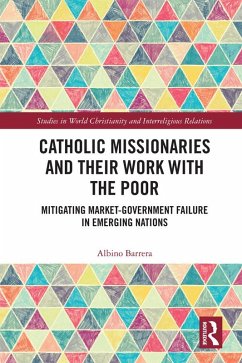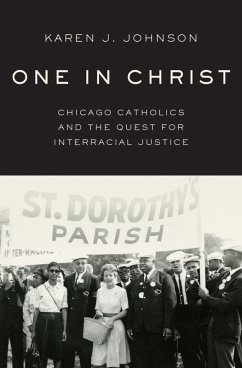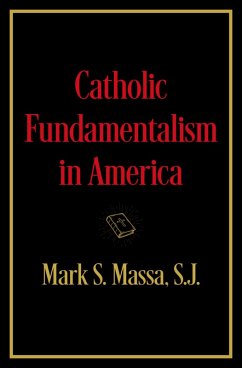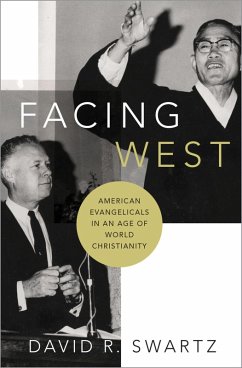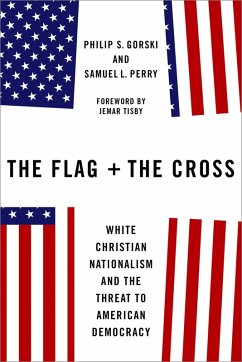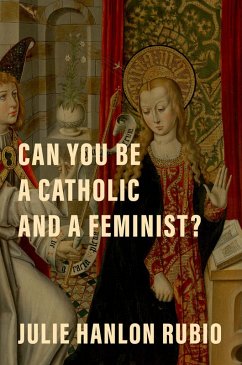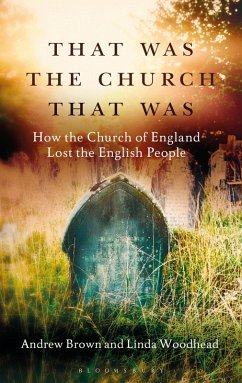
Can You Be a Catholic and a Feminist? (eBook, PDF)

PAYBACK Punkte
7 °P sammeln!
An eminent theologian addresses an enduring--but newly urgent--question Is it possible to be both a faithful Catholic and an avowed feminist? Earlier generations of feminists first formulated answers to this question in the 1970s. Their views are still broadly held, but with increasing tentativeness and a growing sense of their inadequacy. Even now, Catholic women and men still say, "It's my Church and I'm not leaving," "Change will only happen if people like me stay and fight," and "The Church's work for social justice is more important than the issues that concern me as a feminist." Yet in a...
An eminent theologian addresses an enduring--but newly urgent--question Is it possible to be both a faithful Catholic and an avowed feminist? Earlier generations of feminists first formulated answers to this question in the 1970s. Their views are still broadly held, but with increasing tentativeness and a growing sense of their inadequacy. Even now, Catholic women and men still say, "It's my Church and I'm not leaving," "Change will only happen if people like me stay and fight," and "The Church's work for social justice is more important than the issues that concern me as a feminist." Yet in a post-#MeToo, #ChurchToo moment, when the Church seems disconnected from struggles for racial justice and LGBTQ inclusion, those answers sound increasingly insufficient. Today, tensions between Catholicism and feminism are more visible and ties to Catholic communities are increasingly weak. Can Catholic feminism survive? Julie Hanlon Rubio argues that it can. But if it is going to do so, it is necessary to rethink how women and men who experience the pull of feminism and Catholicism can credibly claim both identities. In Can You Be a Catholic and a Feminist? Rubio argues that Catholic feminist identity is only tenable if we frankly acknowledge tensions between Catholicism and feminism, bring forward shared concerns, and embrace the future with ambiguity and creativity. Rubio explores the potential for synergy and dialogue between Catholics and feminists through various lenses, including sexual violence, gender theory, pregnancy and pre-natal loss, work-life balance, relationships and family life, spirituality, conscience, and what it means to be human. This book gives those who struggle to balance Catholicism and feminism a credible path to authentic belonging.
Dieser Download kann aus rechtlichen Gründen nur mit Rechnungsadresse in A, B, BG, CY, CZ, D, DK, EW, E, FIN, F, GR, HR, H, IRL, I, LT, L, LR, M, NL, PL, P, R, S, SLO, SK ausgeliefert werden.




